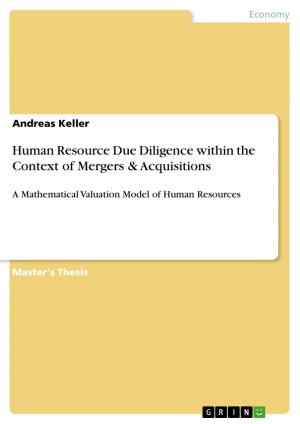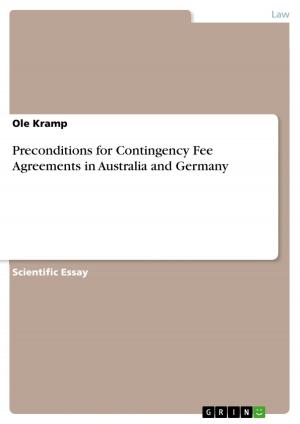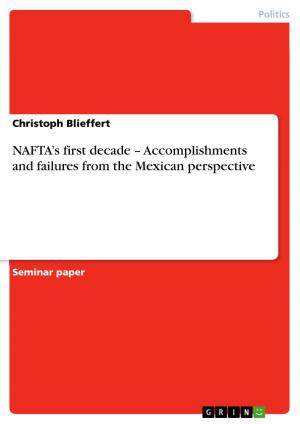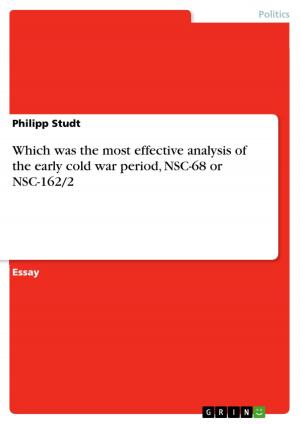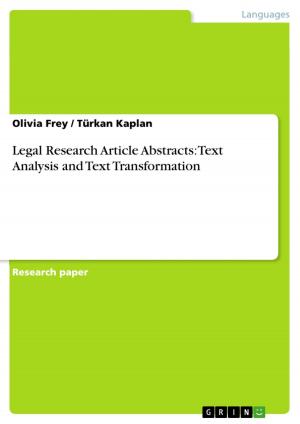Critically analyse the decision of the European Court of First Instance in Airtours plc v EC Commission
Nonfiction, Reference & Language, Law, Business| Author: | Karsten Keilhack | ISBN: | 9783638261289 |
| Publisher: | GRIN Publishing | Publication: | March 15, 2004 |
| Imprint: | GRIN Publishing | Language: | English |
| Author: | Karsten Keilhack |
| ISBN: | 9783638261289 |
| Publisher: | GRIN Publishing |
| Publication: | March 15, 2004 |
| Imprint: | GRIN Publishing |
| Language: | English |
Essay from the year 2003 in the subject Law - Civil / Private / Trade / Anti Trust Law / Business Law, grade: 68%, Cardiff University (Großbritannien; Law School), course: Competition Law, language: English, abstract: The aim of this paper is to present and to clarify the current approach of EC Competition Law to merger cases, in particular with regard to the problem of collective dominance. I will outline the problems arising from collective dominance in the context with the significant case Airtours plc v. EC Commission, recently dealt with by the European Court of First Instance. Firstly, I will give briefly the relevant facts of the Airtours case (I.). Secondly I will analyse the case with regard to the criticism made by legal experts (II.) and then give an ove rview on which measures are proposed in the future to eliminate the errors made (III., IV.). Lastly, I will interpret these measures and give an answer to the question whether or not these measures are sufficient to solve the present problems in context with the current EC Merger Regulation (V.).
Essay from the year 2003 in the subject Law - Civil / Private / Trade / Anti Trust Law / Business Law, grade: 68%, Cardiff University (Großbritannien; Law School), course: Competition Law, language: English, abstract: The aim of this paper is to present and to clarify the current approach of EC Competition Law to merger cases, in particular with regard to the problem of collective dominance. I will outline the problems arising from collective dominance in the context with the significant case Airtours plc v. EC Commission, recently dealt with by the European Court of First Instance. Firstly, I will give briefly the relevant facts of the Airtours case (I.). Secondly I will analyse the case with regard to the criticism made by legal experts (II.) and then give an ove rview on which measures are proposed in the future to eliminate the errors made (III., IV.). Lastly, I will interpret these measures and give an answer to the question whether or not these measures are sufficient to solve the present problems in context with the current EC Merger Regulation (V.).

